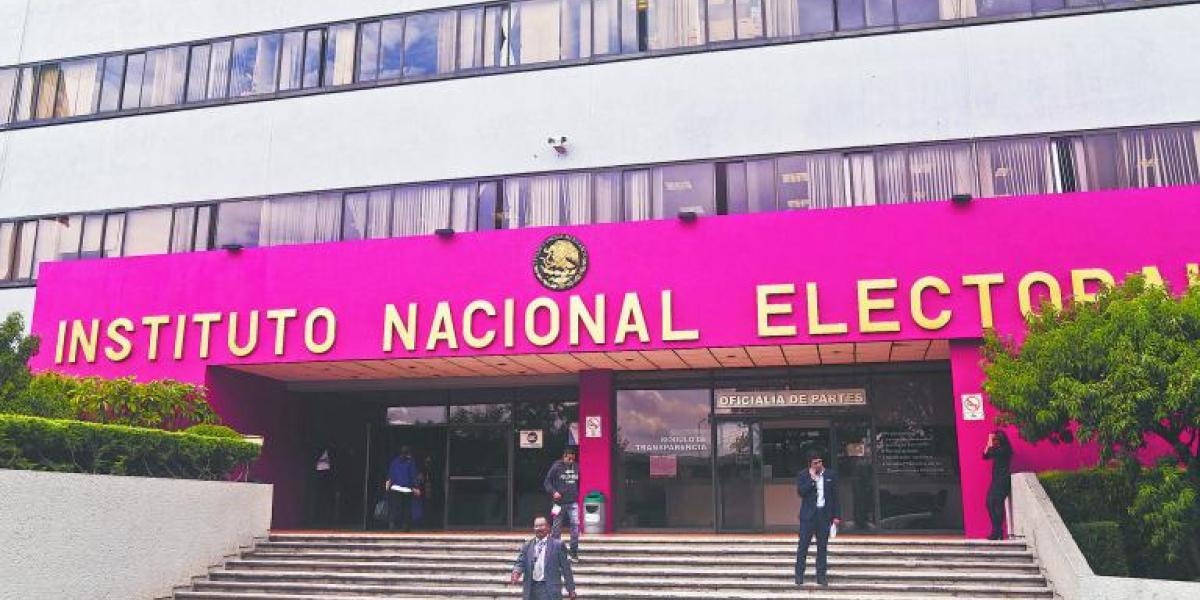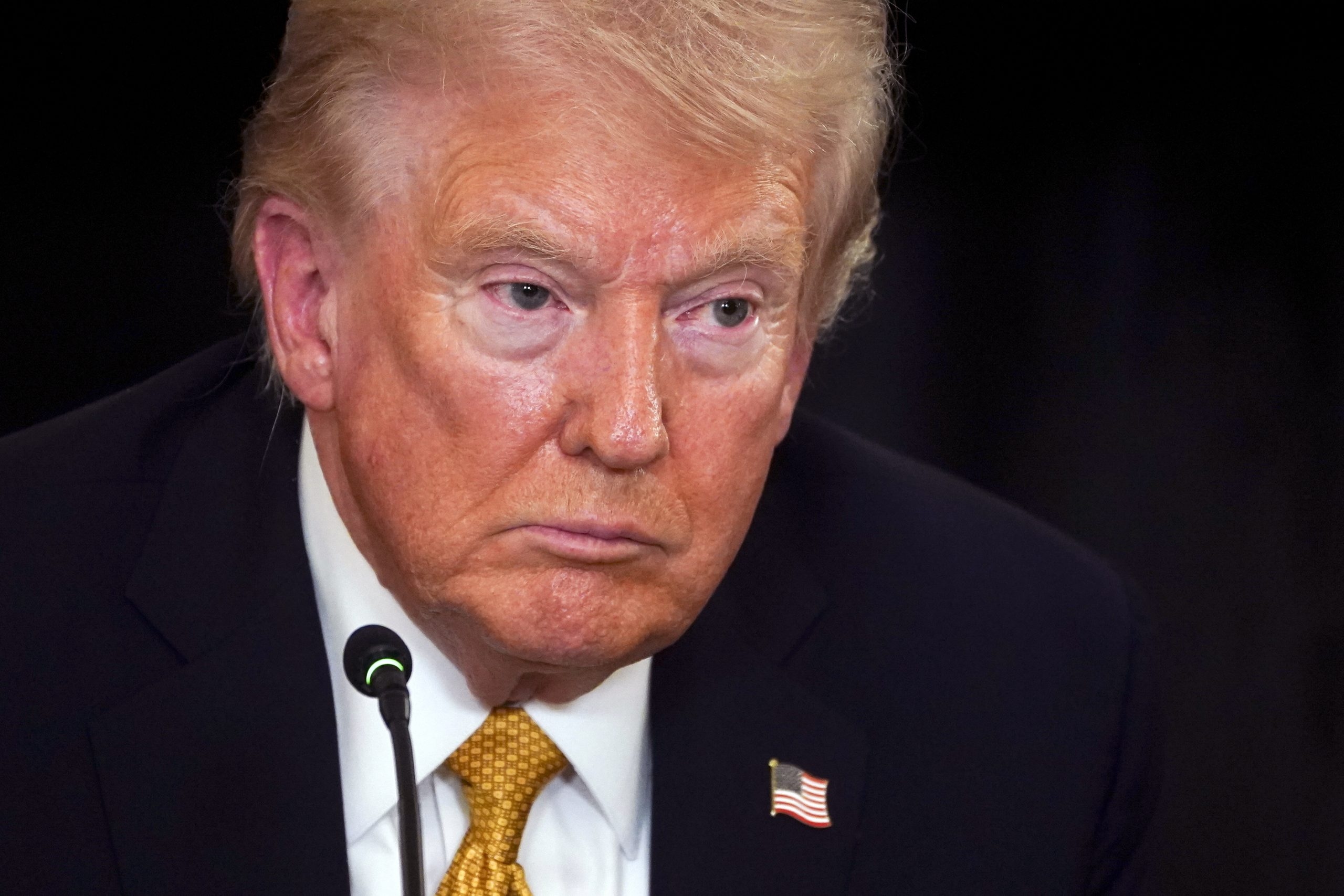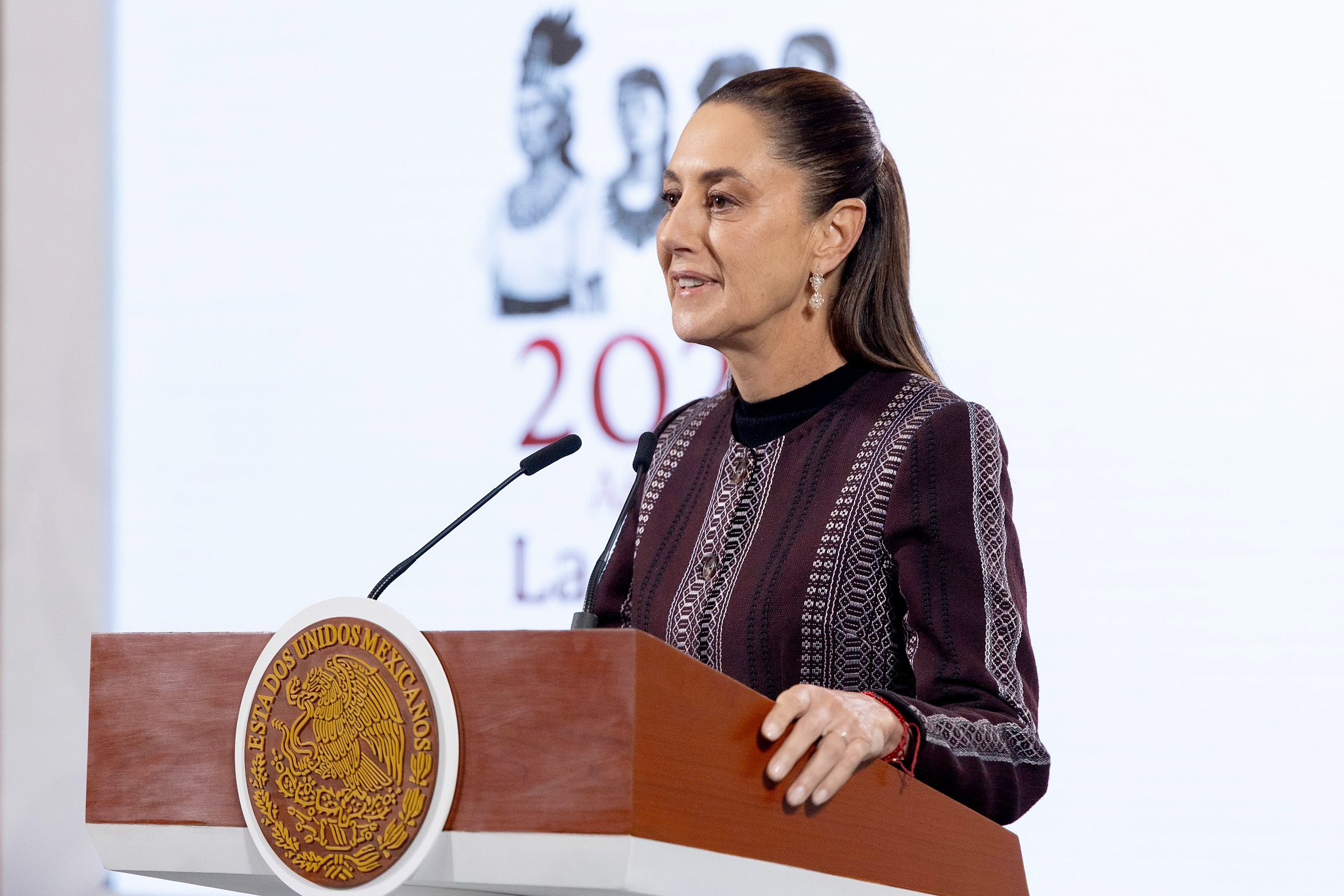INE only has the resources to pay less than 50% of the workers who requested early severance pay.

The president of the National Electoral Institute (INE), Guadalupe Taddei Zavala, acknowledged that she does not have sufficient resources to pay the more than 970 employees who requested early dismissal from the electoral body.
In an interview with the media, Taddei Zavala explained that the INE only has enough funds to terminate the employment of 461 of the 970 workers who requested voluntary retirement; that is, less than 50% of the cases.
"970 people signed up, and the number will be sufficient for 461... We all know we're in a position to request a 10-year voluntary retirement, but expectations were very high for everyone in the states; many are requesting applications, and so are those here at the central offices," he explained.
The INE president did not rule out the possibility that this high number of applications was due to a possible electoral reform. However, she warned that the budget for this voluntary retirement program for workers with more than 10 years of service increased from 100 to 350 million pesos.
"All factors influence a person's personal decision to stop working at the Institute and choose voluntary retirement," he added.
He even recalled that in 2021 alone, nearly 400 workers requested early severance pay; while in 2022, the number grew to 500, a year in which electoral reform was also being discussed, as President Andrés Manuel López Obrador's Plans A, B, C, and D were under discussion at the time.
Warning about investigations vs. advisorsOn another matter, Guadalupe Taddei expressed concern about the possible imposition of administrative sanctions against members of the General Council.
"Of course it's worrying, it's worrying that these types of situations will increase from now on," said Taddei Zavala, in the context of the Superior Chamber of the Electoral Tribunal's decision to declare itself incompetent to review the challenge filed against the administrative responsibility procedure opened by the Internal Control Body (OIC) of the INE against various ministries that voted to suspend the organization of the 2021 recall referendum.
"There will always be concern that, based on your interpretations and positions, all of which are made with a high level of responsibility by each of the Council members, you will be subject to any investigation, and that is what this General Council did: defend that autonomy and independence," he added.
There is no certainty that proposals will be included in Electoral ReformAfter the College of Electoral Executives of Mexico (CEEM) submitted its electoral reform proposal to the INE (National Electoral Institute), for submission to the Presidential Commission for Electoral Reform and the Legislative Branch, Councilor Guadalupe Taddei acknowledged that there are no guarantees that these documents will be incorporated into the eventual reform.
"What guarantee is there that they will not only submit the proposals, but that they will also be heard and taken into account by the Presidential Commission, and that this will be a reform that strengthens democracy and not something that is taken over by the bodies in charge of conducting elections? That guarantee isn't provided by the INE; it's provided by those who will be in charge," he said.
He added that this guarantee will be provided by the commission and by the reform committee in Congress.
In its proposal, the College of Electoral Executives of Mexico (AC) called for the 2033 elections to be held entirely with electronic ballot boxes. It also sought to reduce spending; eliminate local prerogatives for national parties; fully systematize preliminary results systems; and implement a unified national ballot model.
Additionally, for elections to the Judiciary, in terms of oversight, single accounts and real-time reports of campaign income and expenditures, with bank traceability and digital auditing.
Eleconomista





